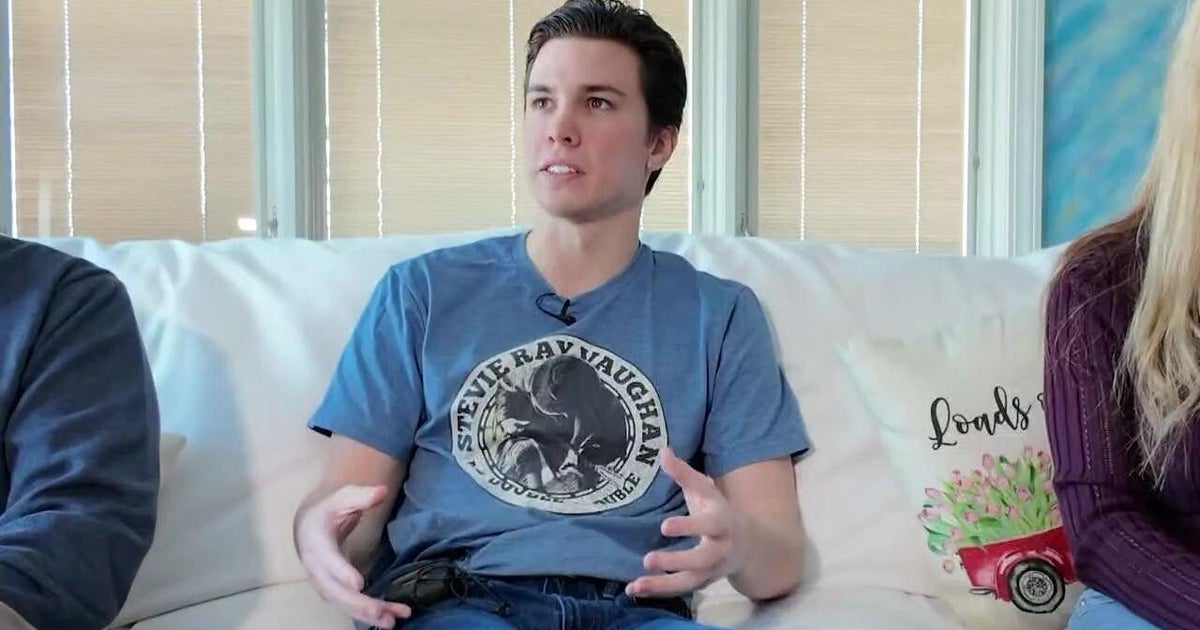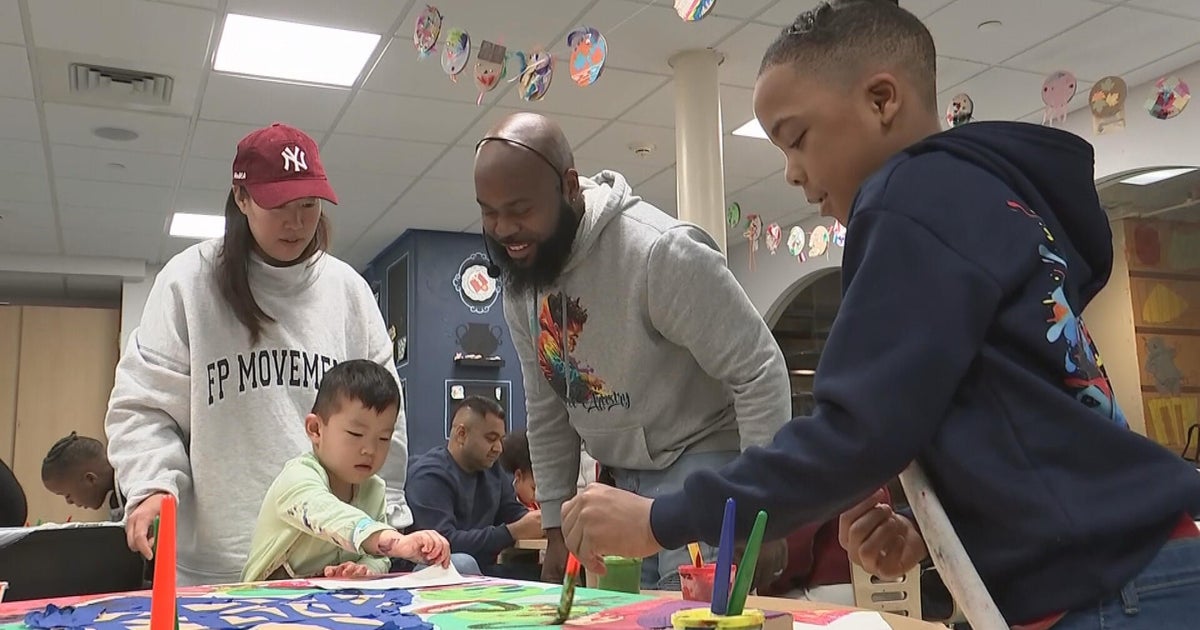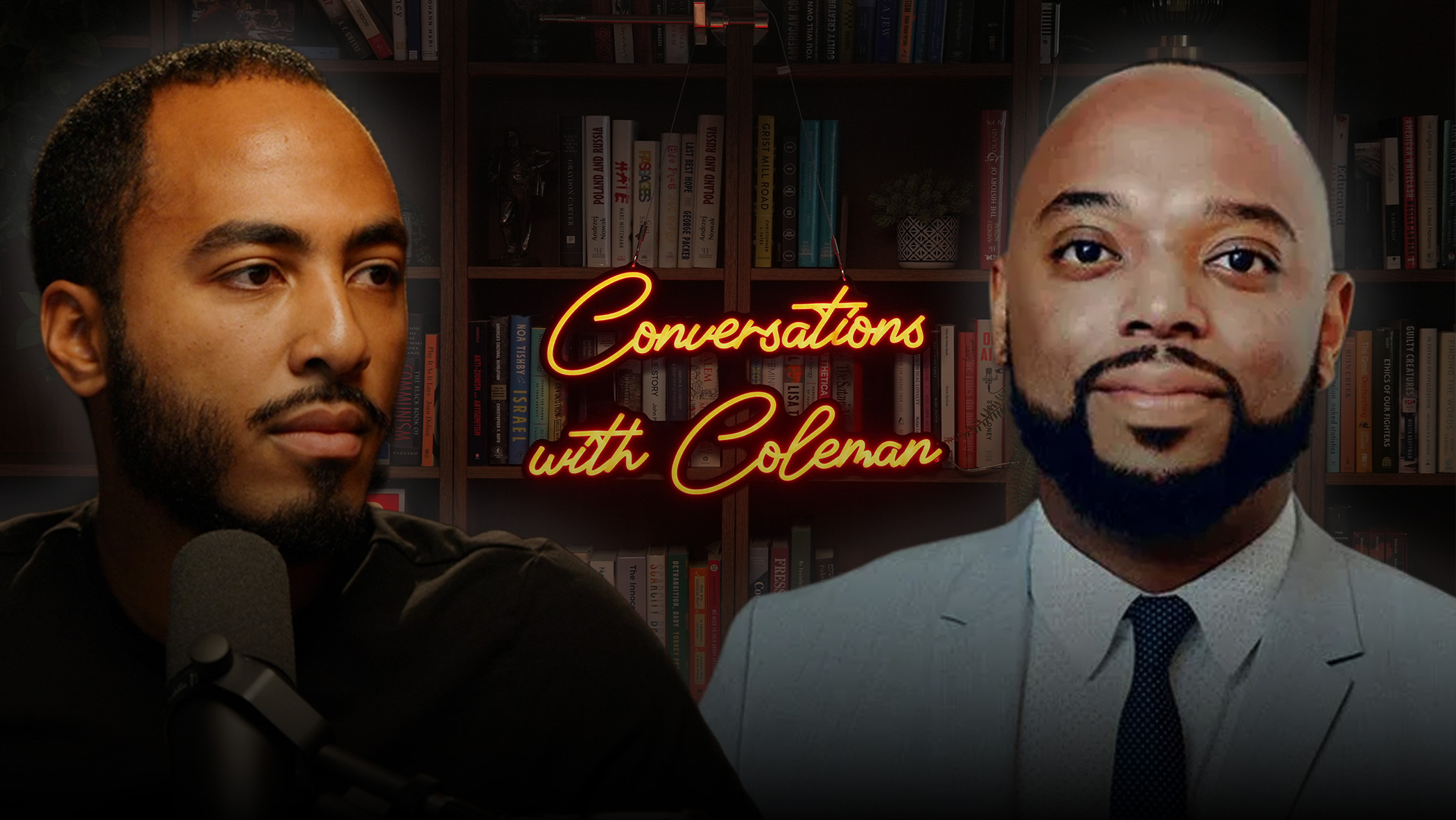Clothing line Support Black Colleges celebrates HBCUs in style
Clothing brand Support Black Colleges aims to amplify the importance of historically Black colleges and universities and strives to encourage people to support and attend HBCUs. Co-founded in 2012 by Howard University students Corey Arvinger and Justin Phillips, the brand has exploded in popularity in the past year and the apparel line has recently partnered with the NBA to create NBA All-Star merchandise that celebrates HBCUs.
After noticing a lack of representation among Black clothing designers, especially ones that highlight Black colleges, Philips and Arvinger wanted to create a space for people that look like them and were "able to capitalize on it because there was a need for it," Arvinger told CBS News.
Arvinger's and Phillips' experience at Howard University influenced the two to spread information about the importance of HBCUs "without it being corny or force-fed." The duo immediately thought of clothing.
Inspired by Black sitcoms like "The Fresh Prince of Bel-Air," Arvinger said he wanted to provide a "90's feel" for their apparel. "Back in the day, a lot of Black sitcoms wore HBCU paraphernalia. I think paying homage to that, while looking forward to the future and keeping it current was a good way to collab the two and create something off of that. Everyone loves the 90's," Arvinger added.
According to the American Council On Education, more than 70% of HBCU students have limited finances. Support Black Colleges has been able to provide scholarships for HBCU students in need, as well as donate 7% of any sales made from clothing that contains a HBCU school logo to that specific school.
The clothing line quickly took off when it was donned in public by a number of celebrities, including singer Brandy, model Eva Marcille and NBA star Chris Paul.
Support Black Colleges' clothes were also frequently seen at demonstrations held this summer for racial justice. The apparel line raised $100,000 after the release of its "Support Black Lives" T-shirts and donated all of the proceeds to the Black Lives Matter organization. "A lot of people started wearing them at protests, which increased sales even more. It was a snowball effect they were prepared for," Arvinger said.
Due to renewed Black Lives Matter support, several companies have made statements and pledged donations as well as internal initiatives to ensure that Black businesses and voices are amplified. Support Black Colleges has partnered with Billboard, BET, MTV, Google, Shopify, and the NBA to assist with these endeavors. For this year's NBA All-Star game, the NBA partnered with Support Black Colleges to create NBA All-Star merchandise that celebrates HBCUs. The clothing line will be selling an official 2021 NBA All-Star t-shirt with all proceeds being donated to The Social Change Fund, an organization created by NBA superstars Carmelo Anthony, Chris Paul, and Dwyane Wade to invest in and support organizations focused on empowering communities of color and advocating for the human rights of all Black lives.
"A lot of people don't talk about HBCUs because they don't know, especially big businesses," Arvinger told CBS News. "They don't want to talk about or highlight something they don't know about, and they typically don't have a person on their staff to articulate correctly and that's where we come in," Arvinger said.
Support Black Colleges has also partnered with Paul to highlight HBCUs. The basketball star hosted a sneaker tour in partnership with the clothing line that entailed Paul representing a different HBCU school on his feet during every game of the 2020 NBA playoffs. Support Black Colleges would create graphics for Paul's Instagram to be posted after the games, providing additional information about the HBCU featured that day.
"I just want to make sure everyone understands that HBCUs are not less than, they're very capable and important to our history, to our culture, to everything," Paul said.
Oprah Winfrey, Spike Lee and Vice President Kamala Harris are some household names who have graduated from historically Black colleges and universities (HBCUs). The majority of HBCUs were founded after the Civil War to provide higher education for African Americans when most schools in the country prohibited Black people from attending.






